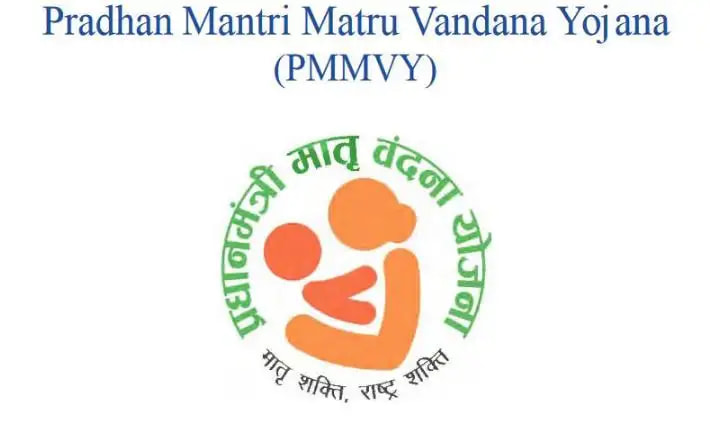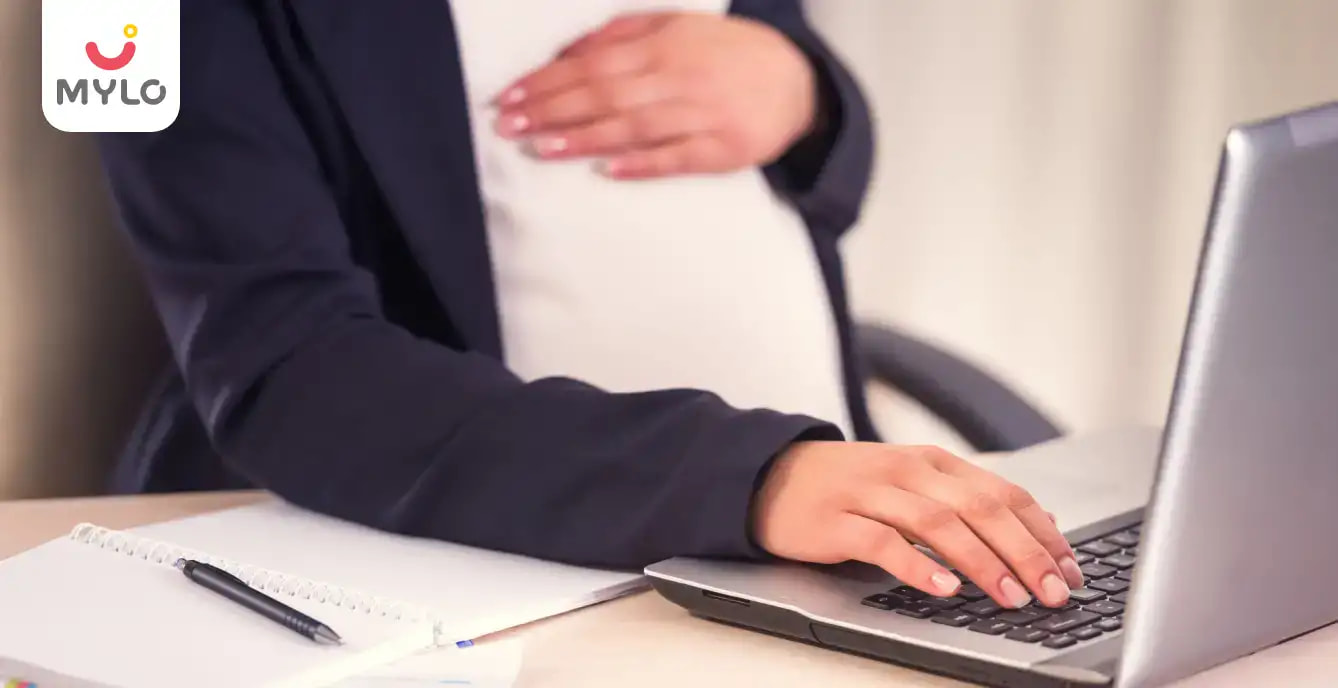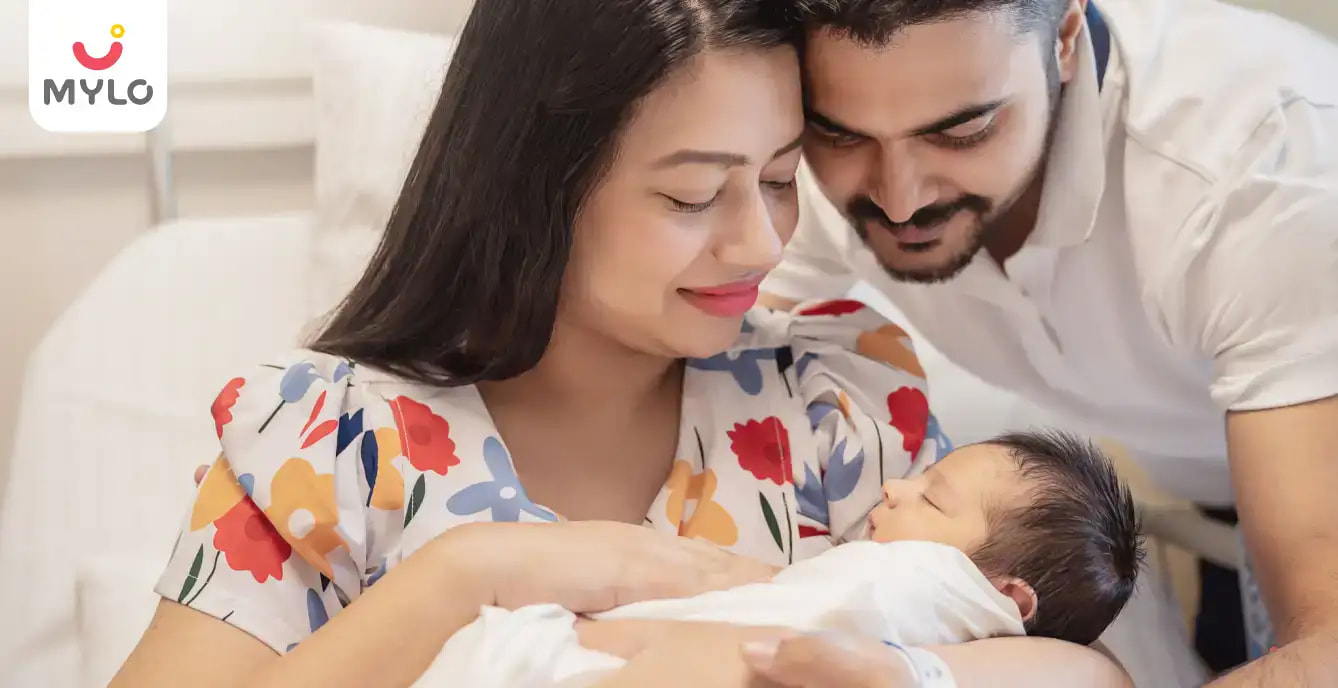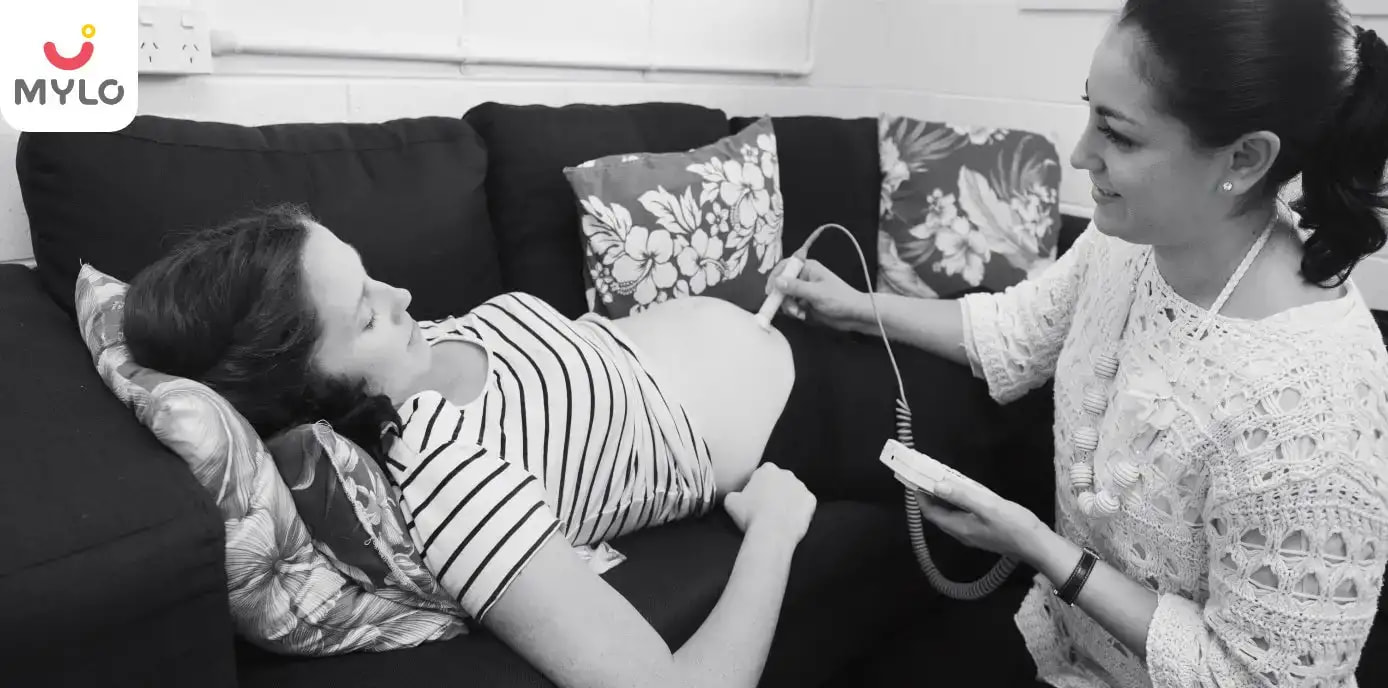Home

Pregnancy

How can a pregnant woman get 6000?
In this Article
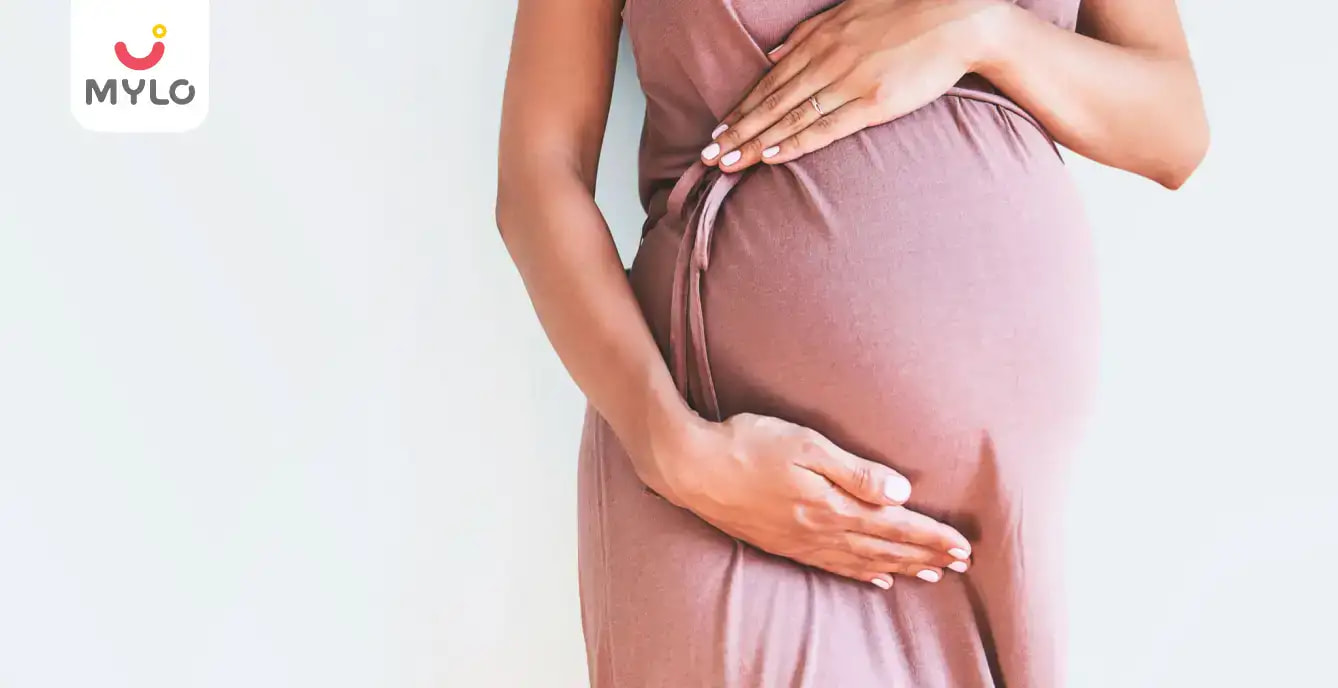
Pregnancy
How can a pregnant woman get 6000?
Updated on 15 November 2022
Raising a child is not a single –person's job. It takes a family to raise a healthy child both physically & mentally. It also becomes the moral responsibility of a society as a whole to nurture a child in clean, hygienic and mindful environment. And, this care has to start right from the womb. In lieu of which Indian government launched Janani Suraksha Yojana Karyakaram on June 1, 2011 under National Health Mission by India’s then Prime Minister Dr. Manmohan Sigh to safeguard motherhood.
Government facilities for pregnant ladies
This scheme aims to reduce the mortality rate in maternal and new-born section by making the delivery services affordable and easily accessible to pregnant women especially who are poor or hesitate to travel to places for such services. The Yojana was a huge success with benefit to approximate 12 million poor pregnant women across India who took a step forward to access Government health facilities for their delivery.
The Janani Suraksha Yojana (JSY) was implemented in all states and union territories throughout India but the main focus was on the low-performing states (LPSs) like Bihar, Uttarakhand, Madhya Pradesh, Uttar Pradesh, Chhattisgarh, Orissa, Rajasthan, Assam and Jammu & Kashmir. The other states are marked as High Performing States (HPSs).
What benefits does a pregnant woman get?
-
Within JSY Scheme, a pregnant woman can go in for three antenatal check-ups and delivery in a well-equipped medical institution under the supervision of trained and professional health personnel.
-
To promote institutional delivery which is important to ensure early detection, treatment or prevention of complications both during pregnancy and child birth, women below the poverty line are given cash assistance as per the set graded scale.
-
In case of a C-section delivery, expert assistance is provided. In case of absence of such skilled government –employed medical specialist, financial assistance of Rs. 1500 is given to facilitate hiring of a private expert for carrying out the surgery.
-
Compensation is also sanctioned (under the Family Welfare Scheme) if in case Tubectomy or Laparoscopic surgery is recommended.
Who are eligible for Janani Suraksha Yojana?
Any pregnant woman who has attained 19 years of age or above and belongs to a below poverty line category can avail the benefits of Janani Suraksha Yojana up to two live births.
How much money is given in Janani Suraksha Yojana?
The cash assistance is separate for a LPS and HPS and also depends whether it's an urban area or a rural one. This yojana has also created ASHA (Accredited Social Health Activist) as an effective link between government (for its policies, claims and other assistance) and a pregnant woman. For a pregnant woman belonging to a rural area in a low performing state, Rs. 1400 is granted as Mother’s package and Rs. 600 as ASHA’s (Accredited Social Health Activist) package which includes Rs. 300 for ANC (Antenatal care) and Rs. 300 for facilitating institutional delivery. While in an HPS, the mother’s package halves down to Rs. 700 keeping the same ASHA’s package of Rs. 600.
Similarly, in an urban area for a LPS the mother’s package is Rs. 1000 and ASHA’s package is Rs. 400 (Rs. 200 for ANC Care and Rs. 200 for assisted delivery). The same becomes Rs. 600 as mother’s package and Rs. 400 as ASHA’s package in an HPS.
This way under Janani Suraksha Yojana, a pregnant woman gets around Rs. 1000 to Rs. 2000.
How to get 6,000 Rs. for pregnant woman?
Pradhan Mantri Matru Vandana Yojana (PMMVY)
Under provision of the National Food Security Act, 2013 another Maternity Benefit Programme was implemented in all districts of Haryana w.e.f. January, 2017. Under this yojana, a Pregnant and Lactating Women is entitled to receive a cash incentive of Rs. 5000 directly in her account for the first living child of the family. To actualise this, certain conditions have to be fulfilled for maternal and child health.
Feather on the cap is that those pregnant women who are eligible would also receive cash incentives (Rs. 1000 on an average) towards maternity benefits under Janani Suraksha Yojana after having an institutional delivery. Thereby, the total cash incentive a pregnant woman gets is Rs. 6,000.
The incentive under this scheme is paid in 3 instalments which in a way keeps a check on the fulfilment of essential conditions like 1st instalment of Rs. 1000 is credited on early registration of pregnancy at an Anganwadi Centre (AWC) which is a government approved health facility. To claim the 2nd instalment of Rs. 2,000, a pregnant woman should have completed 6 months of pregnancy and must have taken at least one antenatal check-up. The third instalment of Rs. 2,000 gets credited only after child birth is registered and the child has received the first dose of important vaccines like Hepatitis – B, DPT, BCG and OPV.
Such government schemes are for the benefit of all. These policies and cash incentives motivate the less- knowledgeable ones to practice health and hygiene practices, go in for regular check-ups and procure proper nutrition for the expecting lady.
Healthy child births can only lead to a happy & a healthy nation!



Written by
Ravish Goyal
Official account of Mylo Editor
Read MoreGet baby's diet chart, and growth tips

Related Articles
RECENTLY PUBLISHED ARTICLES
our most recent articles
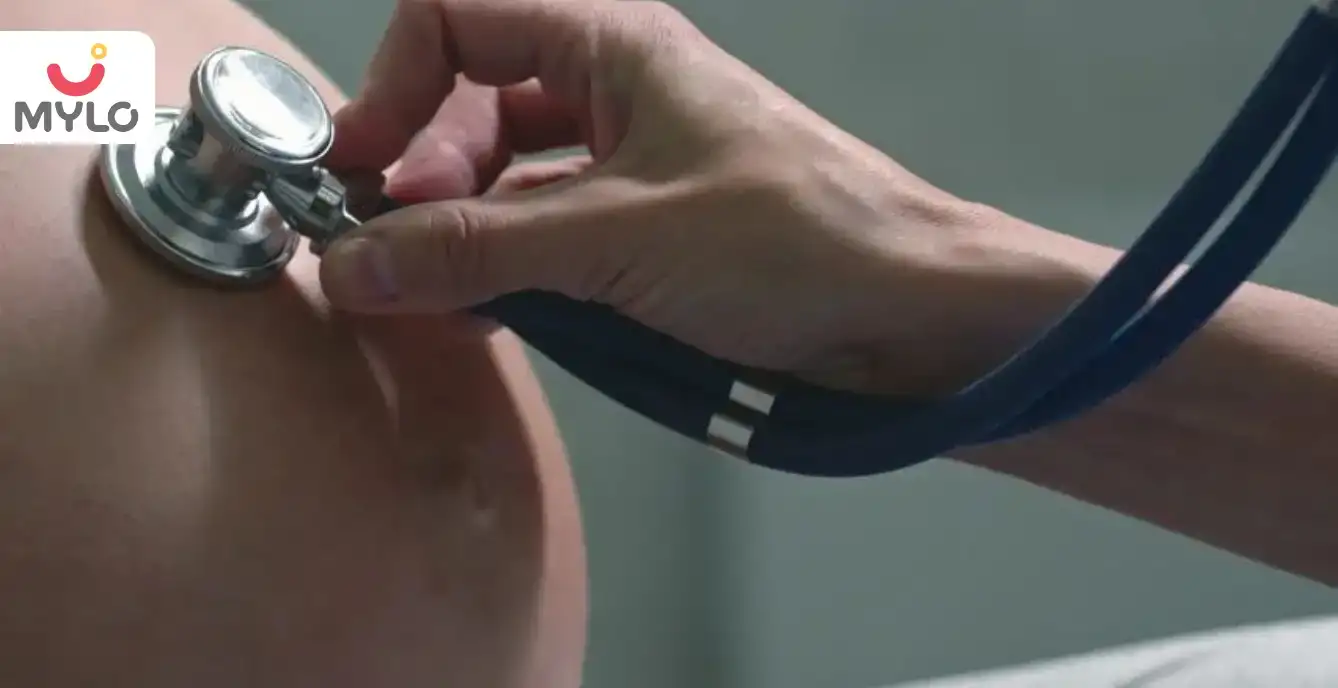
Prenatal Tests
What Are the Common Tests You Will Have During Your Pregnancy?
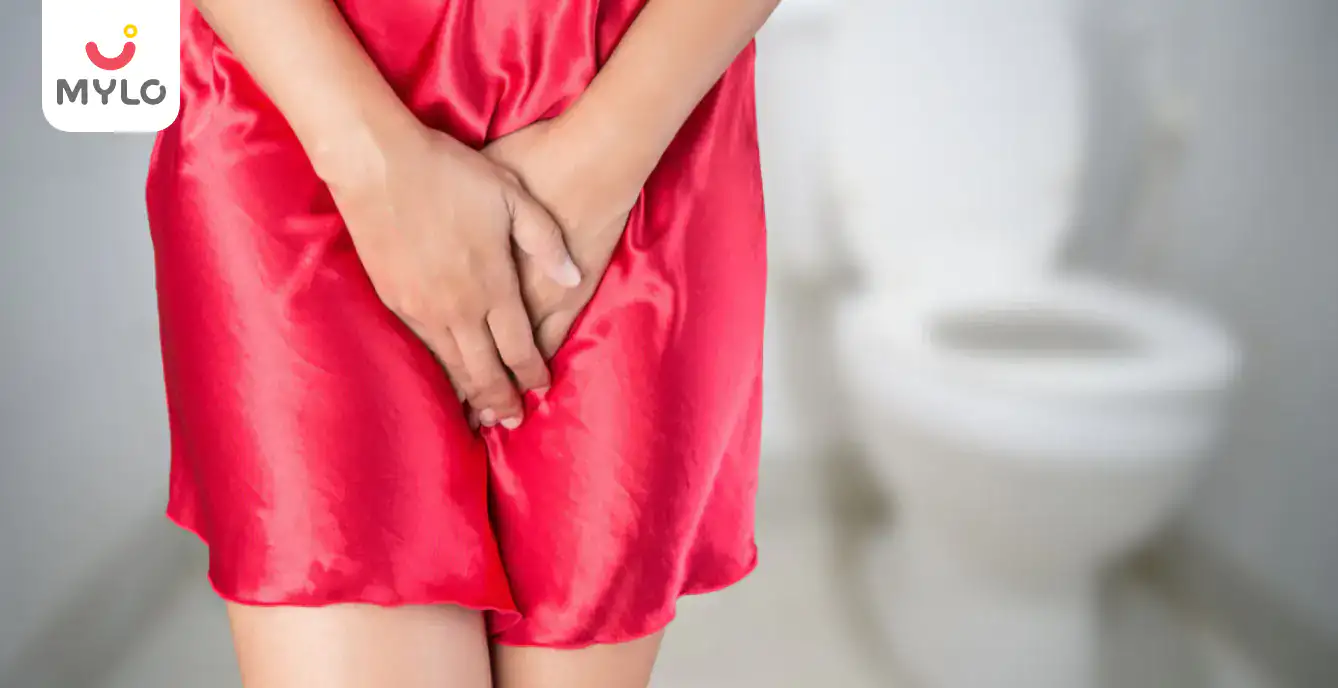
Vaginal Discharge
4 week pregnancy discharge
Celebrate Breast Feeding Week
Frequently asked questions about milk production
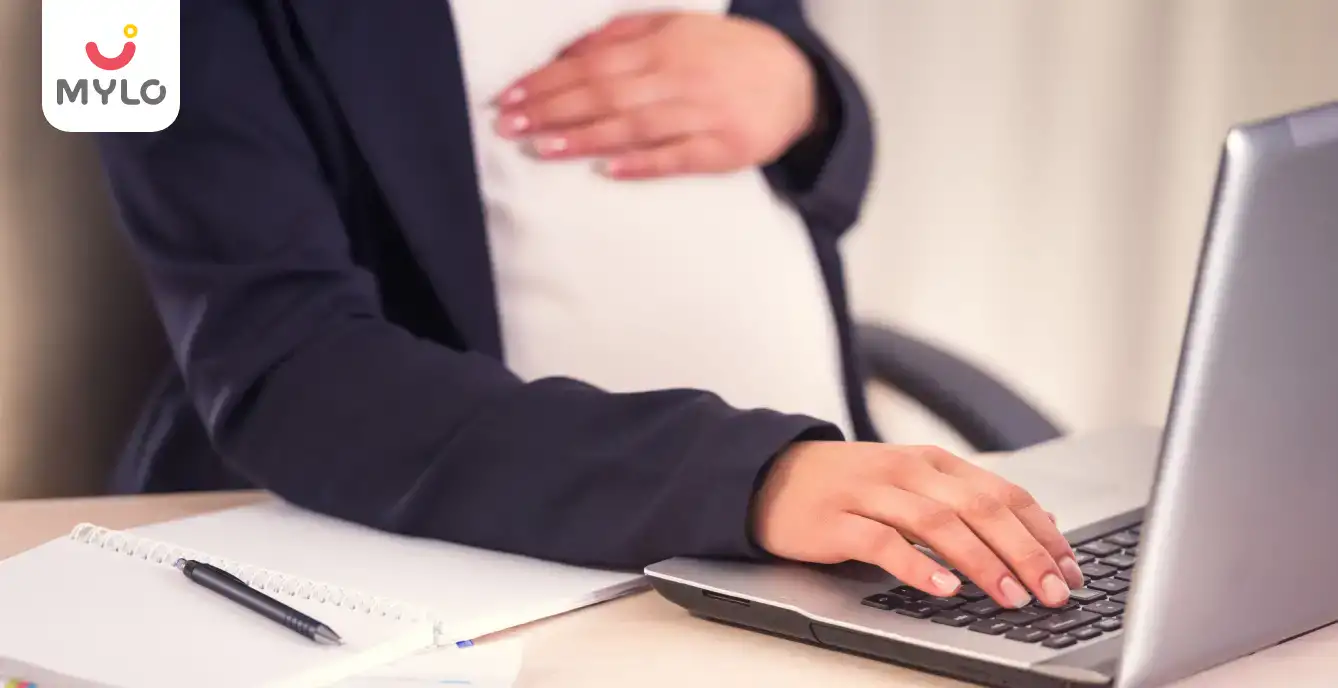
Maternity Leave
Is Maternity Leave 6 Or 9 Months?

skin care
Top 5 Most Common Skin Care Myths Busted
Fears & Phobias
What are the Top Worries and Fears After Childbirth and How to Overcome Them
- Is It Really Essential for People to Wash Their Hands Before Holding a Newborn?
- Top 10 Hollywood Movies on Hotstar
- How Can You Easily Determine Using Seven Easy Homemade Remedies to Check if You’re Pregnant or Not?
- Best Crime Series On Amazon Prime
- Everything You Need to Know About Linea Nigra, the Line Around Your Belly
- Know Why Your Doctor May Change Your Due Date During Pregnancy
- 6 Ways to Protect Your Baby During Cold Season
- Are You Aware of These Warning Signs That You Should Be Careful of During Your First Trimester?
- Understanding Baby Sleep: 4-6 Months
- How to Take Care of Your Little One When He/She Is Arriving Early? What are Some Causes of Preterm Birth?
- When Should Parents Introduce Water to Their Little Ones? What Should Be the Accurate Quantity and How to Feed Your Baby?
- What to Do if My Toddler is Underweight?
- Toilet Training Your Child
- When Can I Start Giving My Baby Ice Cream?


AWARDS AND RECOGNITION

Mylo wins Forbes D2C Disruptor award

Mylo wins The Economic Times Promising Brands 2022
AS SEEN IN
















- Mylo Care: Effective and science-backed personal care and wellness solutions for a joyful you.
- Mylo Baby: Science-backed, gentle and effective personal care & hygiene range for your little one.
- Mylo Community: Trusted and empathetic community of 10mn+ parents and experts.
Product Categories
baby carrier | baby soap | baby wipes | stretch marks cream | baby cream | baby shampoo | baby massage oil | baby hair oil | stretch marks oil | baby body wash | baby powder | baby lotion | diaper rash cream | newborn diapers | teether | baby kajal | baby diapers | cloth diapers |



